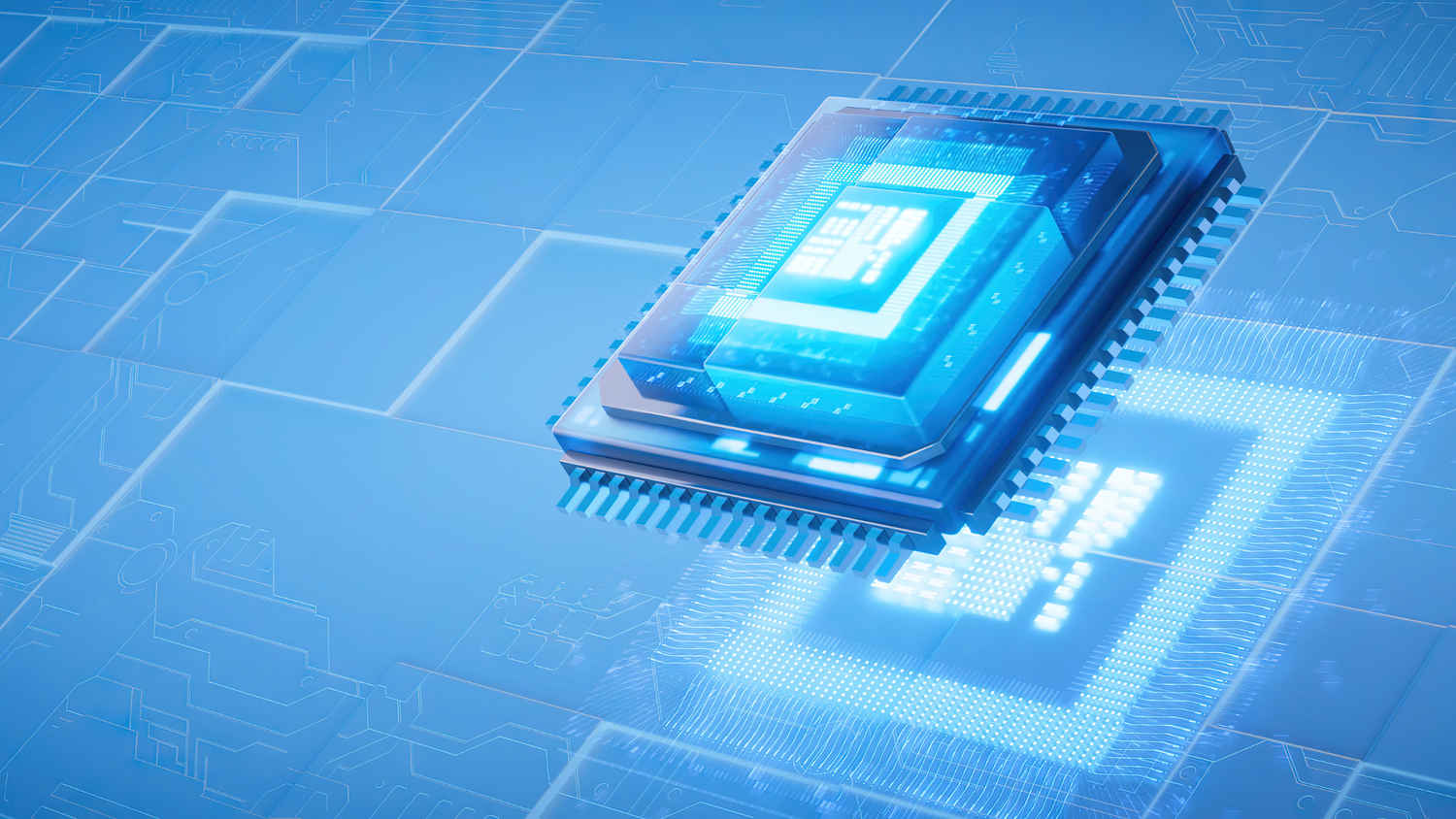

TSMC is currently working on the A16 Angstrom chip. Currently, it is in its initial stages and there’s still some time before it will go into mass production. Apple has already placed advanced orders for this chipset. But Apple is not the only one who is eyeing the upcoming chipset. If reports are to be believed, OpenAI is also planning to use this new technology for a custom chip that will help enhance Sora’s video-generation capabilities.
Industry insiders reveal that OpenAI was initially in talks with TSMC about developing a dedicated foundry for its custom chip. However, when things such as profitability and logistics came into the picture, the plans were paused. Now, OpenAI is hoping to bring back the collaboration and use the A16 Angstrom process to enhance its AI game.
Compared to TSMC’s next-generation N2P process, the A16 promises an 8-10% speed increase at the same voltage and up to a 20% reduction in power consumption. Additionally, a density increase of 110% makes it highly suitable for server applications. However, it is not expected to go into mass production until 2026.
Also read: Filmmakers use OpenAI Sora, and these 5 videos will blow your mind!
It is not just OpenAI, a lot of tech giants have invested in custom chip development to stay ahead in this AI race. ByteDance, the parent company of TikTok, recently partnered with U.S. firm Broadcom to mass-produce its in-house AI chip on TSMC’s 5nm process. In the case of OpenAI, reports suggest that it is holding discussions with TSMC to set up a fabrication plant solely dedicated to its custom chip.
If you recall, I mentioned above that Apple has already placed orders for this chip. Lately, Apple also collaborated with OpenAI to integrate ChatGPT with Apple Intelligence. Now the want to have TSMC’s A16 Angstrom process could hint at future collabs too. Once OpenAI starts to use the custom chip, Sora’s video-generation capabilities can be significantly boosted. This can even enhance Apple’s offerings as part of its generative AI suite.